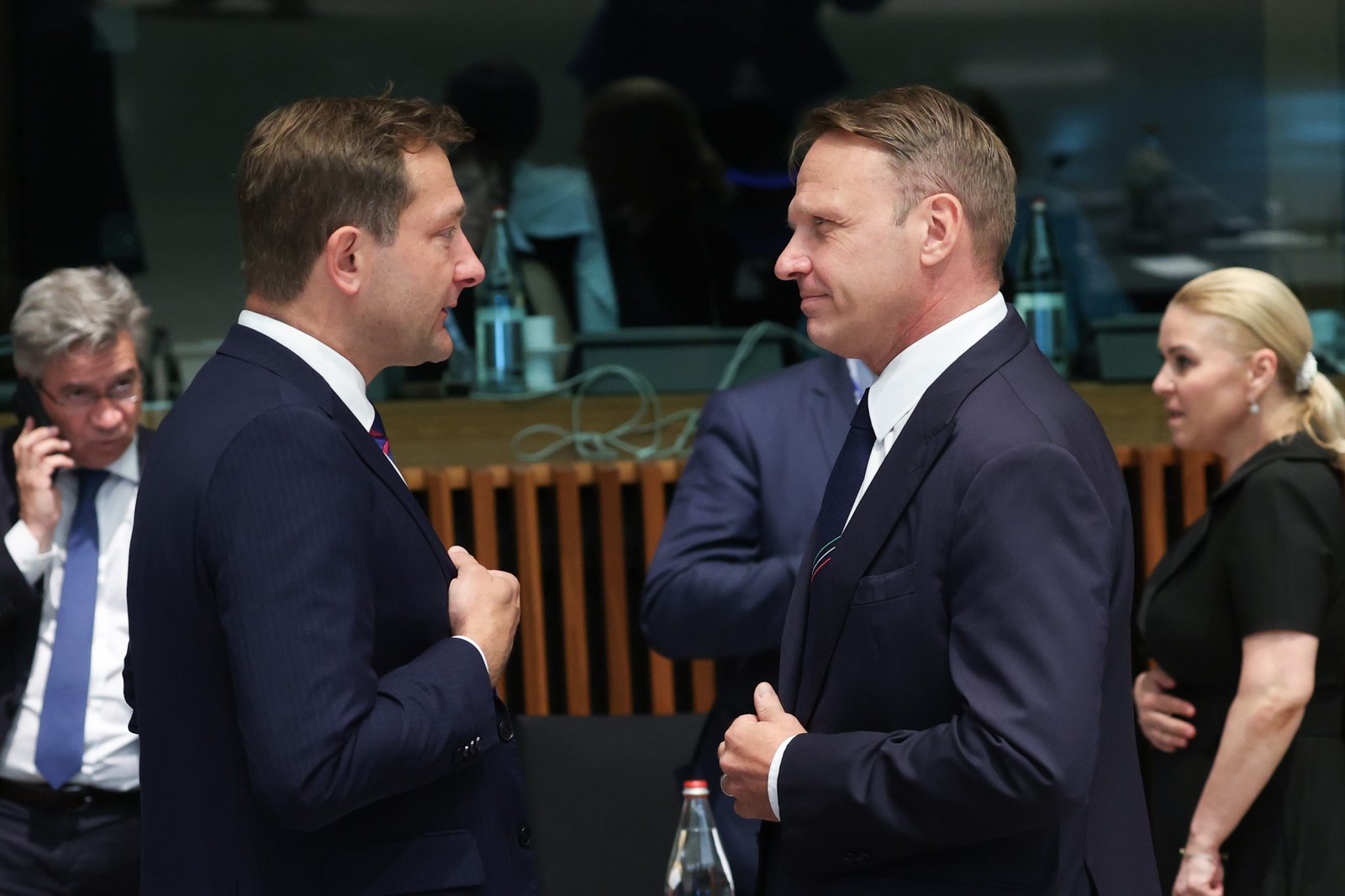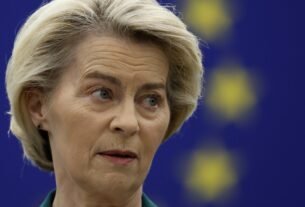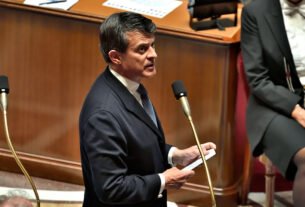Support for the EU-Mercosur trade deal faces its first test this week as agriculture ministers gather in Copenhagen for an informal meeting hosted by the Danish EU presidency until Tuesday.
Farm ministers do not formally set their governments’ trade policy, but they have been among the fiercest critics of the pact, which would open EU markets to more beef and poultry from Mercosur countries Brazil, Argentina, Uruguay and Paraguay.
Although the deal is not formally on the agenda, Ireland has said that it intends to raise the issue.
“I will be in Copenhagen (…) and I will meet again with my counterparts who share those concerns on Mercosur,” Irish Agriculture Minister Martin Heydon told national media, adding that talks with “like-minded countries” will continue.
An EU diplomat who is set to attend the meeting told Euractiv that the issue is highly likely to arise in corridor discussions.
First hurdle
If the agreement survives its first stress with farm ministers, it could pave the way for smoother approval later on. Newly proposed Commission safeguards designed to shield EU farmers from cheaper imports could also soften resistance.
Italy, for instance, has already changed its position. Farm Minister Francesco Lollobrigida, who last year called the pact “unacceptable”, has now aligned with Foreign Minister Antonio Tajani in backing the deal. He cited potential benefits for Italian wines and cheeses, and confirmed the support of Prime Minister Giorgia Meloni.
France, a long-standing critic of the pact, is showing signs of shifting. While Agriculture Minister Annie Genevard said that defending agriculture was “non-negotiable”, she also noted that the Commission’s new safeguards took French farmers’ interests into account, calling them “a new element.” Trade Minister Laurent Saint-Martin described them as “a step in the right direction”.
Poland, another long-standing opponent, remains firmly against it. New Agriculture Minister Stefan Krajewski, who is a farmer himself, said that Warsaw was “still fighting on various fronts to secure a minority blocking this agreement.”
“It’s pointless to ask who is voting NO with Poland and France today. We’re not voting yet – we’re still negotiating and demonstrating the risks of real threats,” he added.
Prime Minister Donald Tusk echoed that stance after talks with French President Emmanuel Macron, insisting Poland “will remain against,” even if it means being isolated.
The Danish presidency, however, is keen to speed up the process.
A spokesperson told Euractiv that ensuring “rapid approval” in the Council is a “strong priority”, citing the deal’s economic potential and its role in deepening European partnerships.
(de)






